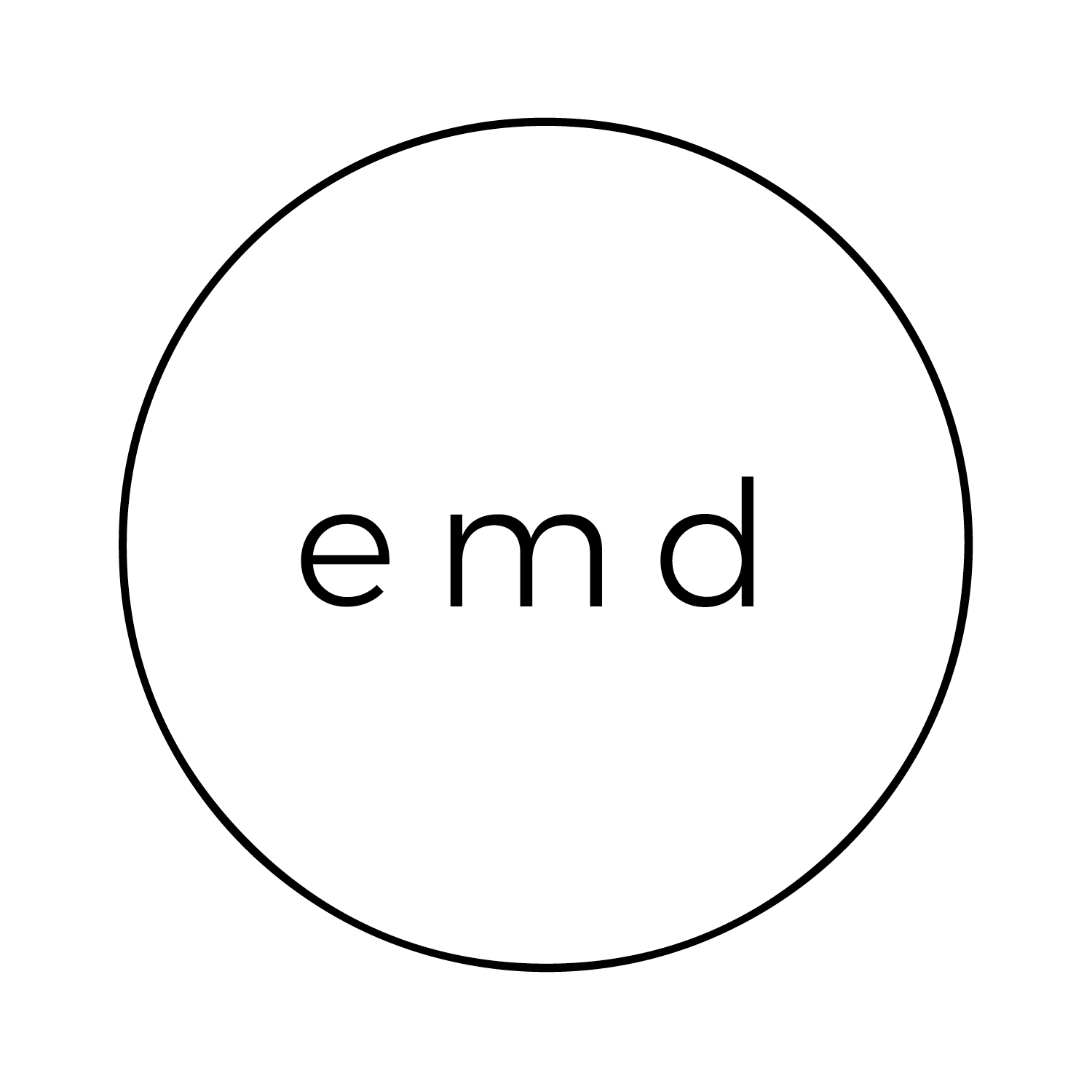What You Should Know About Construction Management
/Large-scale building projects involve more than bricks, beams, and blueprints. They depend on careful coordination between many trades, decisions, and phases. That is where construction management becomes valuable.
People who ask questions like “What is construction management?” or “What is construction resource management?” are often trying to better understand how these roles impact the budget, schedule, and overall project success.
A strong construction management plan controls risk, saves time, and improves results by guiding each phase through thoughtful strategy and expert leadership.
Understanding the Core of Construction Management
Construction management is a method of organizing and directing building projects from start to finish. It focuses on completing work on time, on budget, and to a specific quality level. A construction manager leads this effort. This person or team helps organize the entire process, from the early planning stages to the final walk-through.
Rather than taking on manual tasks, the construction manager oversees the work. They communicate between the owner, contractors, architects, and vendors. They review plans, watch costs, and adjust timelines as needed. Their goal is to reduce risk while helping the team meet project demands.
In modern construction, this role also involves using technology to track progress and share updates with all parties in real time. Tools like project management software, site reporting apps, and budgeting platforms help maintain visibility and accountability.
Breaking Down Responsibilities in Construction Management
Construction managers wear many hats. Their role touches every major phase of the building process. Some of their key tasks include:
Design coordination: They work with architects and engineers to confirm that plans align with budget and timelines. They help flag risks early.
Budget tracking: Construction managers manage costs, compare estimates to actuals, and adjust spending if things change.
Schedule oversight: They build realistic timelines and follow up on delays or early completions.
Team management: They supervise contractors, subcontractors, and consultants.
Risk review: Managers identify problem areas before they cause delays or extra costs.
Compliance and safety: They make sure all activity meets legal, safety, and code requirements.
Documentation: They keep detailed records, reports, and logs for every stage.
On complex projects, several construction managers may divide tasks. One might lead site activity, another may focus on contracts, and another may track progress.
Construction Manager as Agent
In this model, the construction manager acts as the owner’s representative. The manager does not hire trades or build anything themselves. Instead, they guide the process, review progress, and help make decisions.
Owners often choose this method when they want to stay involved but need expert insight. The construction manager protects the owner's interests and keeps everyone aligned. This approach allows the manager to make design suggestions or project adjustments without direct conflict.
Construction Manager at Risk (CMAR)
The CMAR method creates a unique role for the manager. The CM is hired early in the design stage. They help review plans, offer feedback, and identify ways to improve value. Once the design is approved, they act as the general contractor and take on the work.
At this stage, they agree to a guaranteed maximum price (GMP), which gives the owner budget clarity. The CM then selects trades, manages the job site, and delivers the project within that set cost. This method blends design collaboration with contractor accountability.
How Construction Management Differs from Project Management
These roles often overlap, but they serve different purposes. A construction manager usually works on behalf of the owner and stays focused on building outcomes. A project manager might work for a contractor and handle more administrative tasks.
For example, a project manager may handle schedules, vendor relationships, and documents. A construction manager might evaluate materials, monitor site work, and guide change orders. Both are important, but the construction manager plays a broader leadership role.
The Rising Need for Construction Resource Management
More owners now ask for expert oversight across labor, time, and materials. Construction resource management focuses on balancing all these moving parts. With today’s larger projects and tighter budgets, mistakes can cost far more.
Resource management includes matching the right teams to each task, selecting efficient materials, and adjusting schedules to avoid gaps. A well-run construction plan avoids double-booking, delays, or overuse of materials. Strong resource planning also helps owners reuse data from one project to the next, improving how they build over time.
Start Strong with Expert Construction Consulting
A trusted construction consulting partner adds value long before breaking ground. At Ellie Mroz Design, we bring expert support through each design-build phase. From our construction consulting services to final layout and finishes, we help translate your vision into a home that works.
As part of our full service interior design approach, we offer input early, helping with space planning, contractor alignment, and design decisions that support your goals. Feel free to contact us today to find out more.


